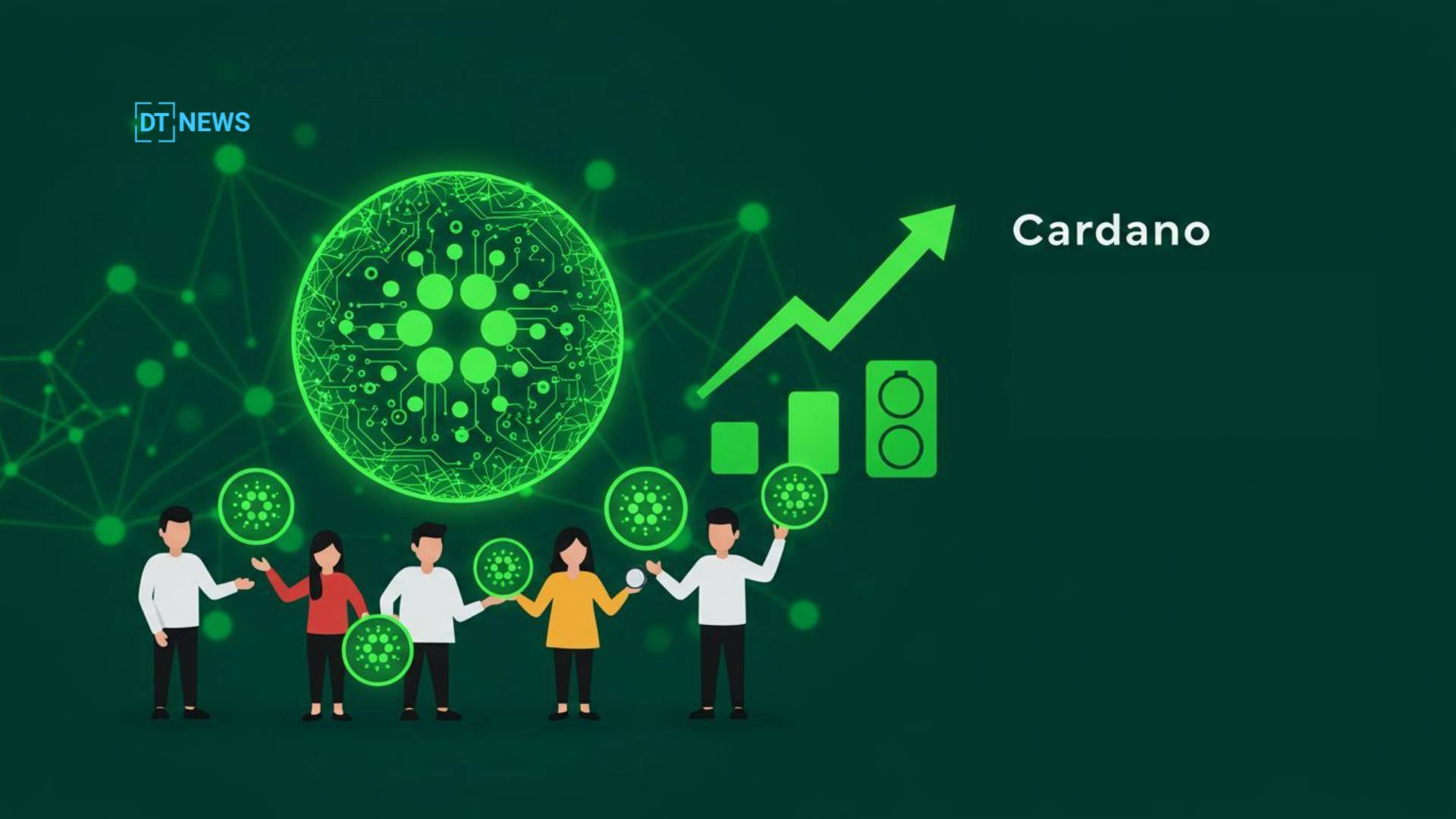Following a recent governance vote, the Cardano community has approved a treasury proposal to allocate 96 million ADA (approximately $71 million) to a 1 year upgrade program to increase scalability, developer onboarding and interoperability. The Cardano treasury upgrades proposal passed with 74% support, 200 votes in favour, 6 against and 7 abstentions.
Governance and Oversight
Based on available data, Input Output Global (IOG), Cardano’s core engineering house, proposed the proposal. Intersect, the Cardano member based body, will be the independent project administrator.
Treasury funds will be released on a milestone based schedule enforced by smart contracts with oversight from a multisignature committee. IOG will deliver monthly engineering updates, timesheets and quarterly budget breakdowns.

The upgrade roadmap includes the implementation of Hydra, a layer 2 protocol for fast, low-cost transactions, and Project Acropolis, a re-architecture of the Cardano node using Rust for modularity and easier onboarding of developers. The current average transaction cost is 0.34 ADA per transaction, and the average block time is around 20 seconds.
The upgrade plan will reduce RAM usage for stake pool operators and lay the groundwork for more complex smart contracts and interoperability.
Community Concerns: Cost, Scope, Alternatives
Although the proposal passed, some community members raised concerns about the lump sum funding, suggesting that breaking the program into smaller, separately voted items would be more accountable. The competing Technical Steering Committee (TSC) had submitted a competing proposal that was not endorsed by Intersect.
Some questioned whether the TSC’s request for a more decentralized bidding process should have taken precedence over IOG’s single vendor proposal.
Tim Harrison, IOG’s Vice President of Community & Ecosystem, described the approved proposal as the first time the community has authorized core development funding. He acknowledged that this sets higher expectations around transparency and delivery.
Cardano Governance
This treasury authorization comes at a time of evolving Cardano governance. Intersect has recently launched on-chain treasury withdrawal actions, 39 actions live and under vote by Delegate Representatives (DReps) and the interim Constitutional Committee, to ratify proposals on-chain with smart contract enforcement of outcome-linked payments. IOG, Cardano Foundation and community factions are still at odds over spending norms, project vetting and budget transparency.

Cardano’s 2025 research roadmap is still very big. Reports say a separate IOR proposal is seeking 26.8 million ADA to fund foundational work across consensus (Ouroboros Mega, Leios), tokenomics, Hydra, Interchains and governance reforms. This is in addition to the upgrade plan.
Conclusion
Based on the latest research, the Cardano community’s approval is a big step towards more accountable community-driven development funding. It combines big technical goals with transparent governance frameworks.
As the blockchain space heats up and Cardano becomes fully decentralized governance under Voltaire, this vote is expected to help balance innovation and oversight.
For in-depth analysis and the latest trends in the crypto space, our team offers expert content regularly.
Summary
The Cardano community has voted $71 million in ADA towards a package of upgrades to speed up transactions, reduce costs, enable smarter contracts, and ease developer onboarding. The funding model is tiered payments via smart contracts overseen by Intersect with monthly and quarterly deliverables.
FAQs
Who controls the Cardano treasury funds?
Intersect is the independent on-chain administrator. A smart contract and oversight committee that authorises milestone based payments with monthly reporting.
Why were the objections to this development?
Concerns around lump sum funding, no open bidding for contracts and transparency on deliverables caused debate in the community.
What other Cardano funding is in motion?
Separately, a 26.8 million ADA IOR research proposal to support multi-year workstreams in consensus evolution, tokenomics, Hydra and governance reform.
Glossary
Hydra: A layer 2 scaling protocol in Cardano for high throughput, low fee transactions.
Project Acropolis: A re-engineering of the Cardano node in Rust to modularise core components and simplify developer onboarding.
Intersect: Member based Cardano governance body that administers treasury spending and ensures accountability through smart contract enforcement.
DReps: Delegate Representatives who vote on treasury actions during on-chain governance under the interim Constitutional framework.
Ouroboros Mega / Leios: Next gen consensus enhancements for fairness, sharding capacity, throughput and long term scaling.






































